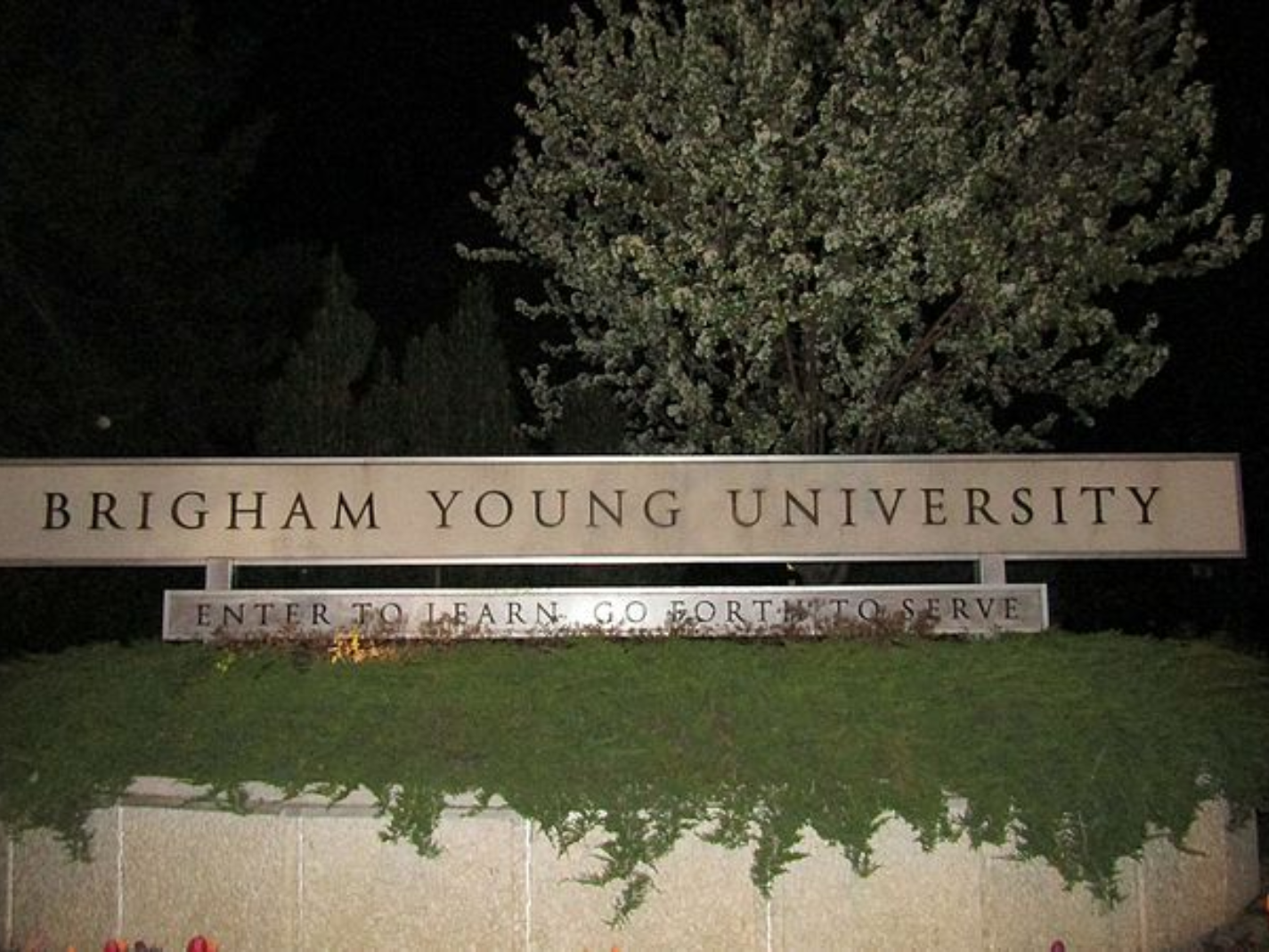
The president of Brigham Young University (BYU), a Christian university located in Provo, Utah, issued an exciting announcement this past summer for the Christian higher education sector: BYU will be developing and opening a faith-based medical school. It will be the first of its kind in the American Southwest and seventh in the entirety of the United States.
I recently published an article on Minding the Campus addressing the trend of Christian college closures across America. In it, I noted that the distinctness of faith-based universities in the current higher education landscape stems from their alignment with orthodox Christian values and Scriptural teachings.
In the world of medical education, a traditional faith-based program provides a unique perspective for healthcare professionals, stemming from the principles of love, goodness, and gentleness taught in the Scriptures. The foundation of Christian medical education rests on the beautiful words found in Matthew 25:
Then the King will say to those on his right, ‘Come, you who are blessed by my Father; take your inheritance, the kingdom prepared for you since the creation of the world. For … I was sick and you looked after me’… Then the righteous will answer him, ‘Lord … When did we see you sick … and look after you?’ The King will reply, ‘Truly I tell you, whatever you did for one of the least of these brothers and sisters of mine, you did for me.’
Faith-based medical programs teach students an entirely different narrative of biomedical ethics than a secular school. They address the sanctity of life and focus on the individual patient over a mechanistic system of healing. Beyond this, however, they compel students to look beyond the ordinary—the successful, six-figure surgeon in a regional hospital setting—to the communities that suffer the most.
Christian medical education encourages students to reach beyond boundaries to the underprivileged communities of the United States, opening community health centers and providing free health care to the lower-income and homeless. In addition, with boundless opportunities for medical mission trips, Christian medical students can find callings as medical missionaries worldwide in third-world countries such as those in Africa and South America.
Shane Reese, President of BYU, issued a statement on BYU’s website that summed up the relevance of Christ-first medical training for the community and the world: “BYU’s medical school will focus on teaching and training with research in areas of strategic importance to the Church, including international health issues affecting members of the Church and the Church’s worldwide humanitarian efforts.”[1]
Aside from all of this, Christian medical education offers its students an invigorating and encouraging community of individuals during their pursuit of one of the most challenging and stressful degrees in the world. Instead of an environment filled with intense competition and hostility, Christian medical schools should ideally provide students with Christ-centered love and support that continues to remind them of their greater purpose in the Lord.
Currently, in the world of medical education, Doctor of Osteopathic Medicine (DO) programs are significantly more popular at Christ-first universities. Tad Walch from Deseret News reported that approximately 41 Christian DO programs exist in the United States, such as those offered at Liberty University, Campbell University, and Baptist University.[2] Compared with traditional allopathic medical schools, osteopathic medical programs provide students with a more patient-centered approach to medical treatment, incorporating a “mind-body-soul” perspective, as described by the American Medical Association.[3] Therefore, it is logical that such an approach would be incredibly appealing in the Christian community.
The American Medical Association recognizes DO degrees as equivalent to MD degrees in medical practice, with similar entrance requirements and an equivalent licensure exam.3 However, the International Journal of Osteopathic Medicine released a March 2024 article addressing modern DO stigmatization, noting a decreased trust in DO practitioners compared to physicians who obtained their degree from a traditional allopathic MD program.[4]
Despite the widespread existence of Christian DO programs, the demand for Christ-first allopathic medical school education—that which grants MDs instead of DOs—is clear. In the 2023 entering class profile for Loma Linda University’s (LLU) Christian MD program in Loma Linda, California, it was noted that over 5,000 students applied.[5] LLU only accepted around 170 applicants.
The announcement of Brigham Young University’s medical school plans should be well-received among the undeniably interested Christian pre-med students across the country. In addition, it comes as a breath of fresh air for Christian universities as the news rides the wake of the recent Christian college closures. Hopefully, initiatives such as this in the faith-based higher education system will begin a more positive trajectory for the Christian university sector.
Explore more from Hannah Hutchins on Muck Rack.
[1] Shane Reese, “BYU Medical School Update,” Brigham Young University News, https://news.byu.edu/medical-school/medical-school-update
[2] Tad Walch, “BYU’s medical school will be rare: How many faith-based schools are there? How religious are they?,” Deseret News, https://www.deseret.com/faith/2024/08/04/byu-medical-school-faith-based-loyola-georgetown-loma-linda/
[3] Brendan Murphey, “DO vs. MD: How much does the medical school degree type matter?,” American Medical Association, https://www.ama-assn.org/medical-students/preparing-medical-school/do-vs-md-how-much-does-medical-school-degree-type-matter
[4] “Medicine, MD Program,” Loma Linda University, https://medicine.llu.edu/admissions/medicine-md-program
[5] Cooney, A., L. Vega, B.J. Goodwin, J. Adams, F. Mangrola, Lisa M. Price, and Leonard Powell, “Combating Modern DO Stigmatization,” International Journal of Osteopathic Medicine 51, https://doi.org/10.1016/j.ijosm.2023.100691.
Image of sign near the entrance of Brigham Young University by Ben P L on Wikimedia Commons

The REAL benefit to Christian Medical Programs will be in the Mental Health/Behavioral Health fields.
A Christian program can consider homosexuality to be a sin, to be neither affirmed nor celebrated, and everything else to be a mental illness. It need not expel the Christian student who wishes to remain true to her religious beliefs.
This is a BIG thing….
This also leaves an incredibly large liability for malpractice which could leave some of these young doctors in a very precarious position.
I don’t think so…